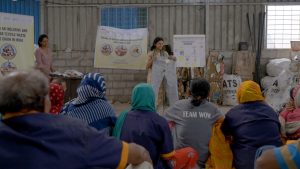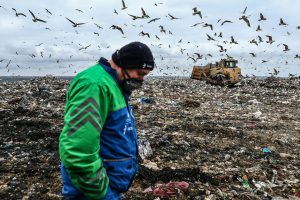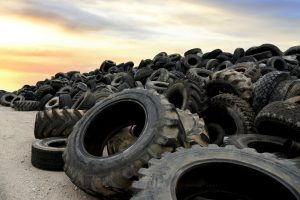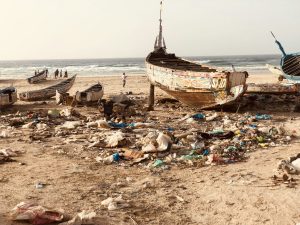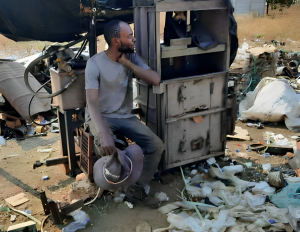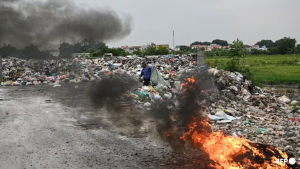
Burning trash a major source of plastic pollution: Study
Burning plastic in dumps and open fires is as big a problem for the planet as littering, scientists said on Wednesday (Sep 4) in a detailed new assessment of how plastic enters the environment.
A world-first global register of plastic pollution, published in the journal Nature, identifies India as the biggest source of such trash and burning garbage as a much bigger problem than previously thought.


